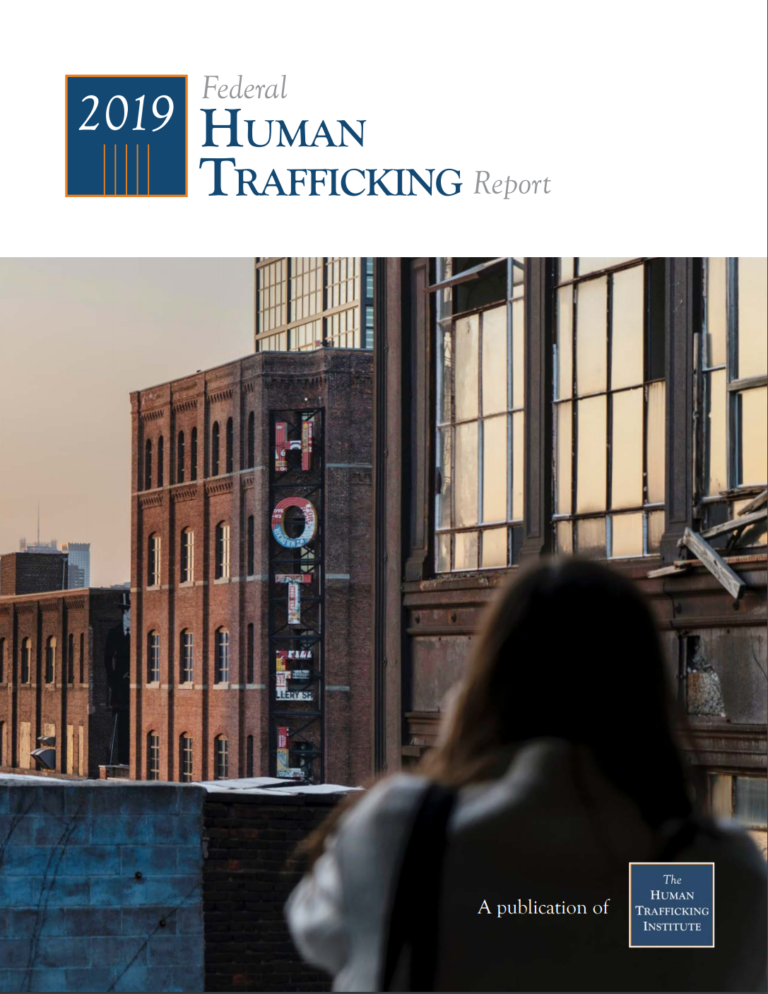Human trafficking is a crime that occurs in every corner of the globe, including the United States, and disproportionately affects the most vulnerable populations among us. At its core, human trafficking is the coercive exploitation of another person for commercial gain. Because it is an economically-motivated crime that often hides behind a hierarchy of power and control that is difficult to understand, unravel, and prosecute, an effective public justice system is essential to holding traffickers accountable.
In the United States, federal law known as the Trafficking Victims Protection Act (TVPA) provides a comprehensive legal framework that criminalizes human trafficking and encourages a victim-centered and trauma-informed approach when handling these complex cases. In 2017, the Human Trafficking Institute began an exhaustive yearly review of federal efforts to combat human trafficking in the United States.
This review includes an in-depth analysis of every federal civil and criminal case involving at least one victim of human trafficking. The comprehensive results, which highlight key findings and emerging trends, are then compiled and published in the annual Federal Human Trafficking Report.

